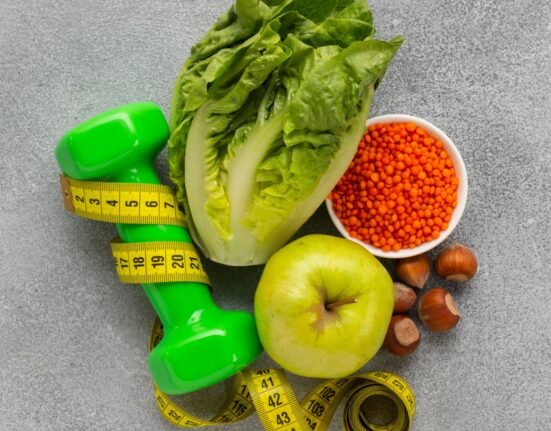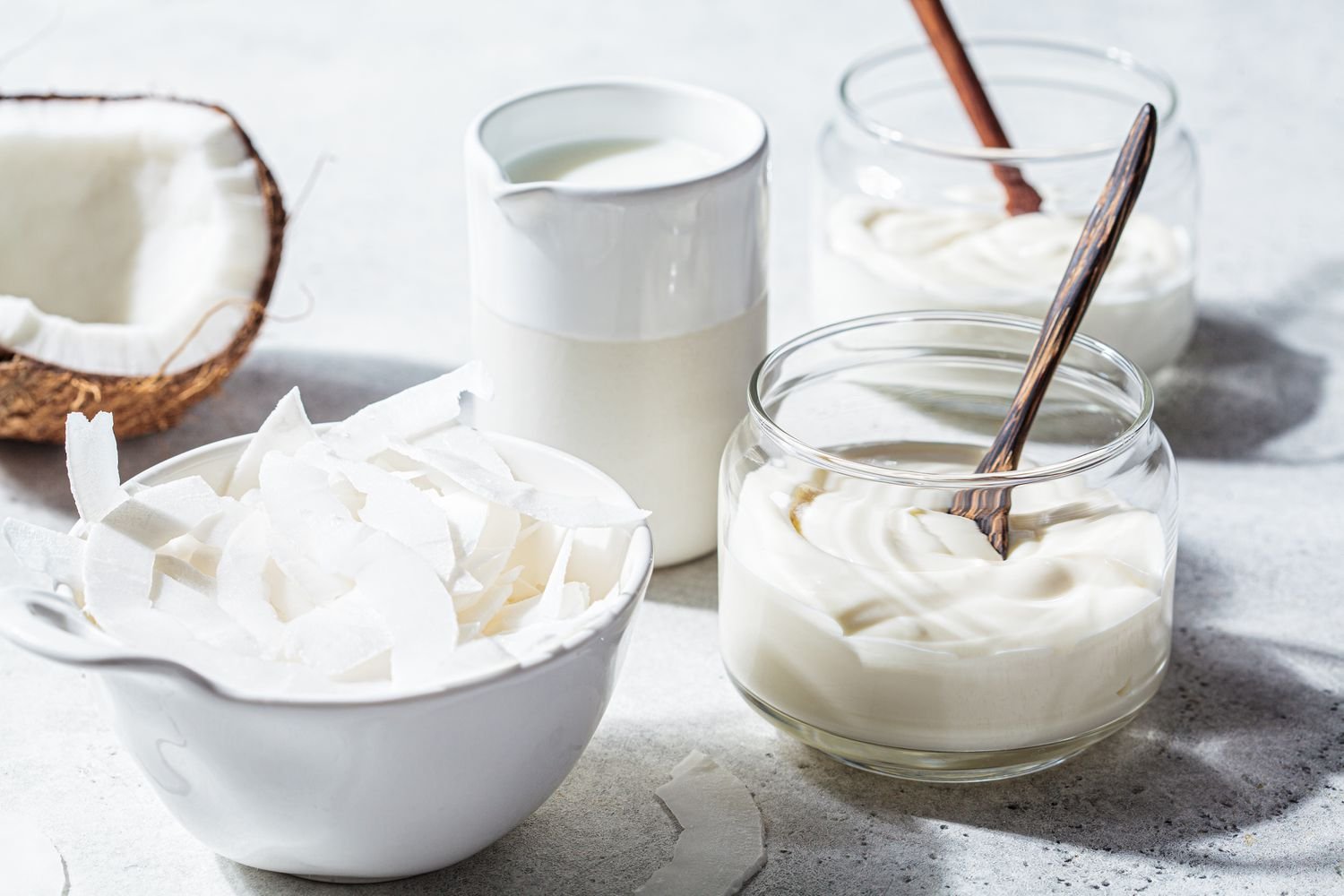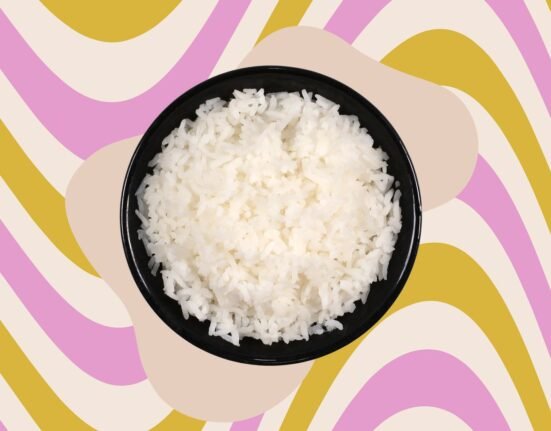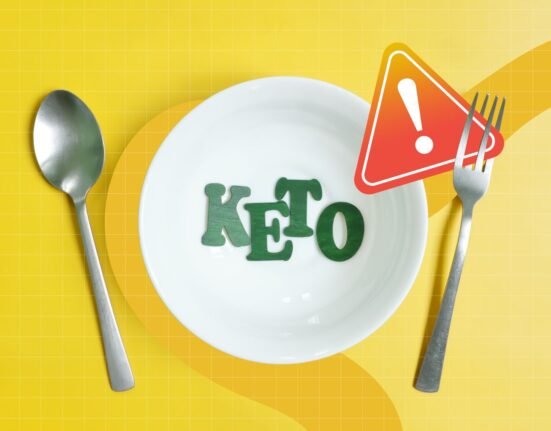Coconut cream often serves as a dairy-free alternative in keto and vegan recipes. Though coconut cream is low in carbs, it is also high in calories and saturated fat, so eating it in moderation is best.
Jump to Key Takeaways.
1. You May Enjoy the Taste
Coconut cream can enhance many dishes’ taste, consistency, and texture. It’s often added to thicken and boost the flavor of soups, sauces, casseroles, and curry recipes. The cream can also be used in desserts, like pies, puddings, cakes, cookies, tarts, frostings, or smoothies. Additionally, coconut cream is common in cocktail drinks, such as piña coladas or coquito.
2. You Can Use It As a Milk Alternative
Because coconut cream is plant-based, many people who follow a vegan diet use it as a dairy substitute. Coconut cream is a possible alternative to milk, yogurt, butter, or cream. You can use coconut cream to make vegan-free sauces, soups, curries, cakes, whipped cream, and more.
3. You Can Enjoy It While Following a Keto Diet
Coconut cream is low in carbs and fat, making it a good option for people following a ketogenic diet. A half-cup of the cream contains only about 3 g of carbs. Coconut cream is an especially popular ingredient in keto-friendly desserts because it adds flavor without sugar.
Buying Coconut Cream
Not all coconut cream products are the same. Some contain added sugars and are highly processed. Look for unprocessed creams with few additives and unsweetened.
4. You Have to Be Mindful of the Saturated Fat Content
Coconut cream is high in saturated fat, which can harm your health. Studies show too much saturated fat can cause cholesterol to build up in your arteries. This can raise your cholesterol levels, which increases your risk for heart disease and stroke.
However, some research suggests that the type of saturated fats in coconuts, called medium-chain fatty acids, are absorbed differently in the body. These medium-chain fatty acids may offer health benefits, such as improved cognitive function. They also appear to have a more positive effect on cholesterol levels.
5. You Should Take Note of the Calorie Content
Coconut cream contains a lot of calories per serving. One half-cup has 222 calories. If you consume too much coconut cream without adjusting your diet in other ways, you may gain weight. You might want to limit the amount of coconut cream in your diet if you’re trying to lose weight.
6. If You Have Nut Allergies, Take Caution
Though rare, some people are allergic to coconuts. If you have a coconut allergy, you should avoid coconut cream. Additionally, you may want to be cautious if you are allergic to other nuts. That’s because some facilities that make coconut milk also manufacture tree nuts.
Nutrition Facts
A half-cup (100 grams) of coconut cream contains the following:
- Calories: 222
- Protein: 2.22 grams (g)
- Fat: 22.22 g
- Carbohydrate: 3.33 g
- Sugars: 2.22 g
- Fatty acids (saturated): 21.11 g
- Sodium: 17 milligrams (mg)
- Potassium: 278 mg
Coconut Cream vs. Coconut Milk
Coconut milk and coconut cream are similar but not the same.
Coconut milk is made from grated coconut meat. It is extracted from the meat after pressing or squeezing it, with or without adding water.
Coconut cream is made by skimming off the top layer of chilled coconut milk. It’s richer and thicker than the actual milk that’s left behind.
Coconut milk typically contains less fat and fewer calories than coconut cream.
A Word From Verywell
Coconut cream may be a great alternative for those seeking a thicker and richer dairy-free or vegan option for creamers, ice creams, yogurts, and more. When eaten in moderation, coconuts have been shown to have anti-inflammatory properties.
:max_bytes(150000):strip_icc()/JonathanPurtellheadshot-1d1456c1c7214854b7a4e7e252a89717.png)
Key Takeaways
- Coconut cream is a rich, keto- and vegan-friendly ingredient that enhances soups, sauces, and casseroles.
- It adds creamy texture and flavor but is high in calories and saturated fat.
- Enjoy in moderation to balance taste with health.









:max_bytes(150000):strip_icc()/headshot2-1cfcc34bde684b60bc07d677b44ad7a6.jpg)






Leave feedback about this